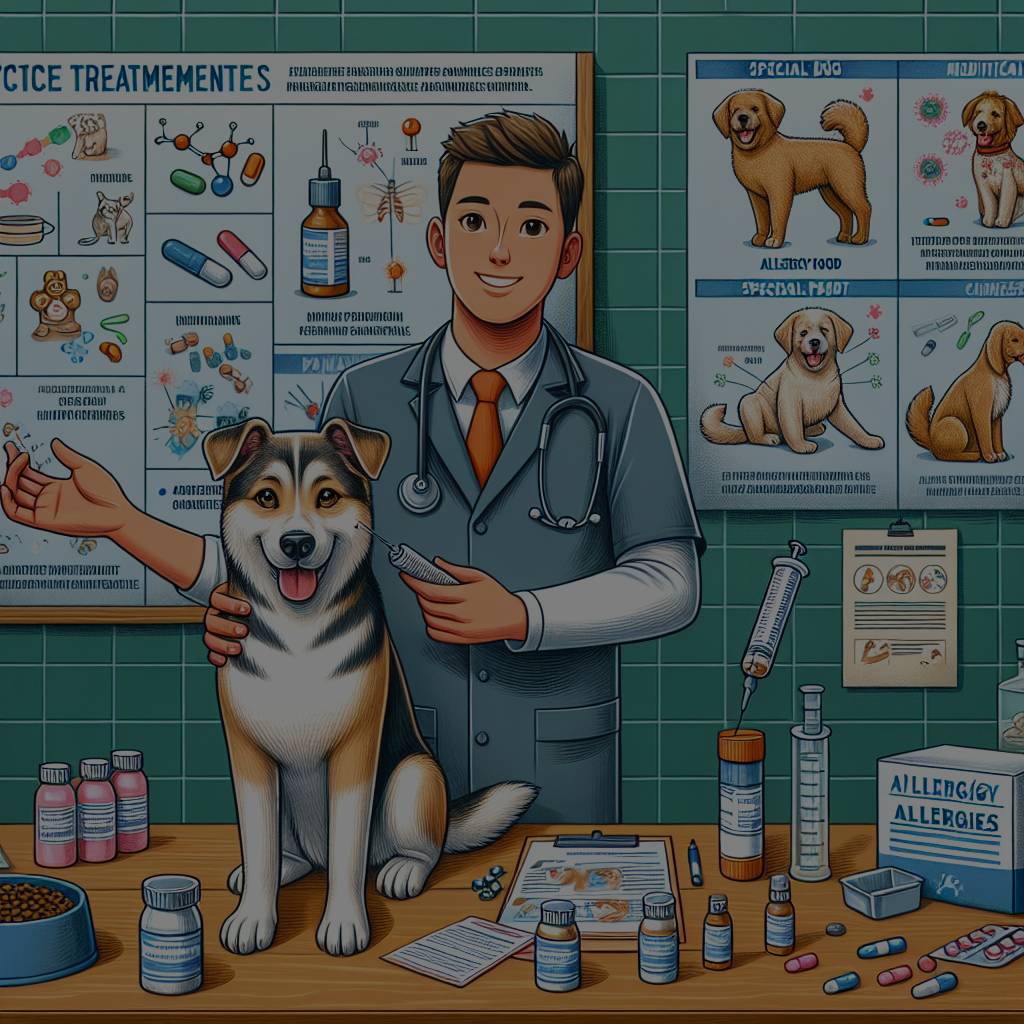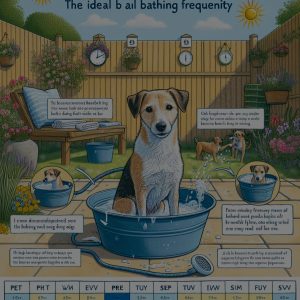
Canine allergies can be a challenging issue for both dogs and their owners. Identifying and managing these allergies is crucial in ensuring the health and well-being of our beloved pets. In this article, we will discuss how to identify canine allergies, explore effective treatment options, and provide tips for managing allergies in the long-term.
Identifying Canine Allergies
Identifying canine allergies can be tricky, as the symptoms can vary from dog to dog. Common signs of allergies in dogs include itching, redness or inflammation of the skin, sneezing, coughing, and gastrointestinal issues such as vomiting or diarrhea. If you notice any of these symptoms in your dog, it’s important to consult with a veterinarian for a proper diagnosis. Your vet may recommend allergy testing to determine the specific triggers causing your dog’s allergic reactions.
Effective Treatment Options
Once your dog’s allergies have been identified, there are several treatment options available to help manage their symptoms. One common treatment is antihistamines, which can help relieve itching and inflammation. Your vet may also recommend topical treatments such as shampoos or creams to soothe irritated skin. In more severe cases, corticosteroids or immunosuppressants may be prescribed to control allergic reactions. In some cases, allergen-specific immunotherapy (allergy shots) may be recommended to desensitize your dog to their triggers over time.
Managing Allergies Long-Term
Managing your dog’s allergies long-term requires a combination of medication, lifestyle changes, and ongoing monitoring. It’s important to follow your vet’s treatment plan closely and administer medications as directed. Additionally, you may need to make changes to your dog’s diet or environment to minimize exposure to allergens. Regular grooming and bathing can also help reduce your dog’s allergic reactions. Keep a close eye on your dog’s symptoms and communicate with your vet regularly to ensure their allergies are being effectively managed in the long-term.
While managing canine allergies can be a complex and ongoing process, with the right treatment plan and care, you can help your furry friend live a comfortable and happy life. By identifying their allergies, exploring effective treatment options, and implementing long-term management strategies, you can provide your dog with the relief they need to thrive. Remember, always consult with your veterinarian for personalized advice on managing your dog’s allergies.










